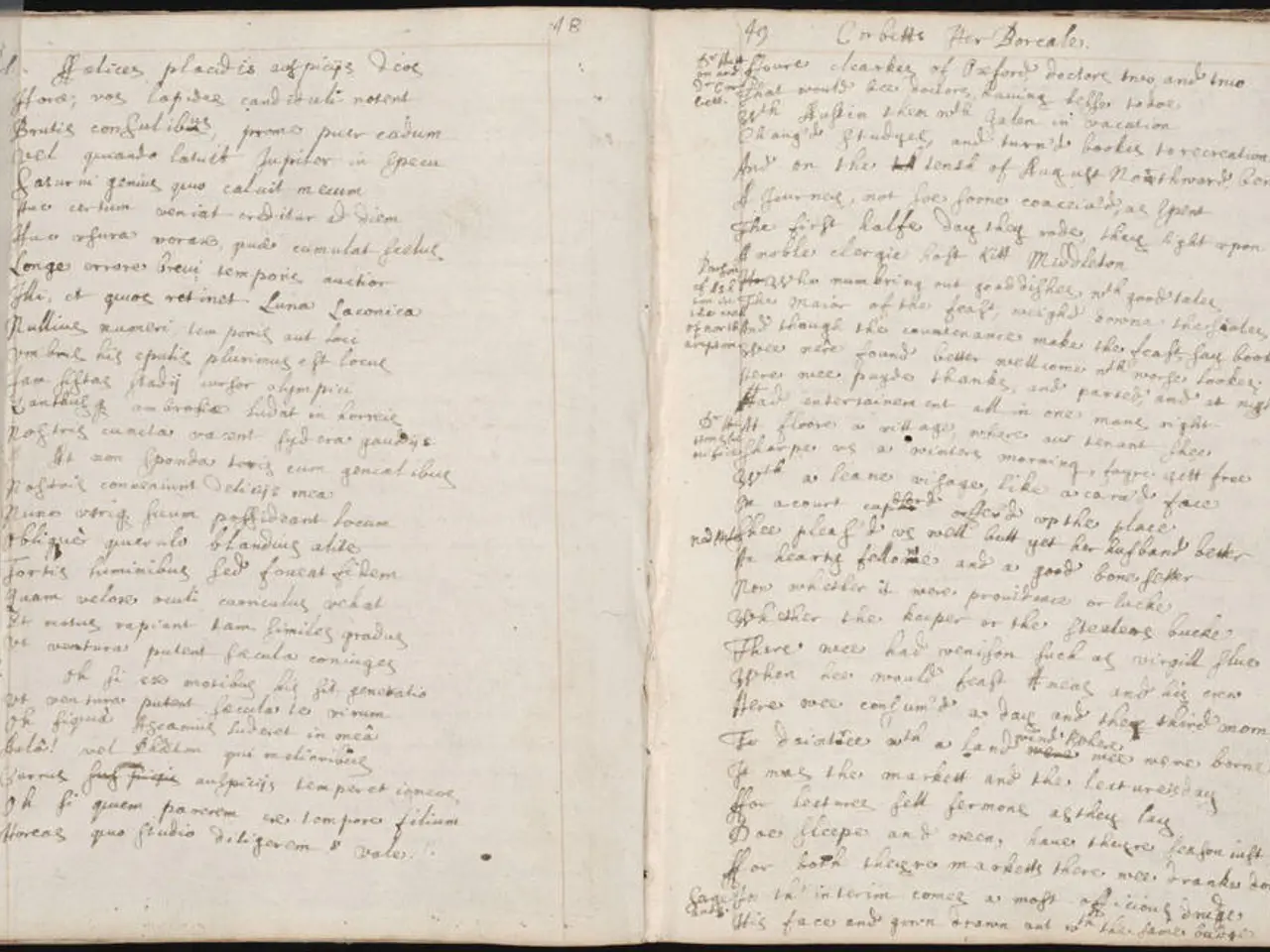Delving into Personal Narratives: Cross-cultural Expeditions through the Realm of English Literature
In the realm of literature, memoirs serve as a unique and captivating genre that offers intimate glimpses into individuals' personal journeys and cultural landscapes. By delving into these personal narratives, readers embark on their own journey of cultural discovery and personal reflection, expanding their understanding of the human condition.
These memoirs transcend mere storytelling, becoming vessels of cultural expression, identity exploration, and social activism. Several highly impactful cultural memoirs deeply explore themes of identity, history, and social change, offering profound insights through personal narratives.
One such memoir is Trevor Noah's "Born a Crime," which recounts Noah’s experiences growing up mixed-race under apartheid in South Africa. The memoir unpacks complex issues of race, family, and identity within a society organized around systemic segregation. Noah's storytelling balances humor and gravity, shedding light on resilience amid social and racial upheaval.
Maya Angelou's "I Know Why the Caged Bird Sings" is another seminal work that addresses racism and identity. Celebrated for its candid portrayal of her childhood and the broader social context of racial discrimination in America, it remains an essential exploration of personal and cultural identity.
Dani Shapiro's "Inheritance" explores identity and family secrets when Shapiro discovers her biological father is not who she thought. It's a poignant examination of how genealogy and personal history shape one’s sense of self.
Stephanie Land's "Maid" provides a personal story of resilience while casting a broader light on poverty in America, social mobility, and the struggles faced by single mothers. It connects personal hardship with systemic social issues.
Elizabeth Gilbert's "Eat, Pray, Love" focuses more on self-discovery and healing but also touches on themes of cultural identity as the author travels through Italy, India, and Indonesia seeking meaning after a difficult period.
Susan Ito's memoir explores identity through the journey of an adoptee legally barred from accessing her birth mother’s information, raising important questions about the law’s impact on personal identity and family ties.
May-lee Chai's memoir is a meditation on migration, bicultural identity, and memory through the experience of Vietnamese Catholic parents in California. It blends history, politics, and family, reflecting on displacement and belonging.
Chanel Miller's memoir, known initially as Emily Doe, addresses trauma, identity, and reclaiming selfhood after a sexual assault case brought national attention. Her story portrays personal courage within a context of social justice and cultural change.
Finally, Maya Angelou's "The Heart of a Woman" captures Angelou's role as a mother, mentor, and writer amid the civil rights struggles and evolving social landscape from 1957 to 1962.
These memoirs stand out for their rich exploration of how individual lives intertwine with historical forces and social transformations, making them highly impactful works on identity, history, and social change. Engaging with these memoirs can foster empathy, understanding, and awareness of diverse lived experiences, inviting us to reflect on our shared humanity and embrace diversity. Considering the next memoir to read can expand your understanding of different cultures and perspectives, inspiring you, challenging your views, and encouraging you to embark on your own journey of exploration and empathy.
These memoirs, such as Trevor Noah's "Born a Crime" and Maya Angelou's "I Know Why the Caged Bird Sings," not only offer captivating lifestyle stories but also delve into the realm of books, providing profound insights into social change and cultural identity. Furthermore, these impactful works, like Dani Shapiro's "Inheritance" and Stephanie Land's "Maid," serve as vessels of entertainment, presenting readers with a rich tapestry of human experiences that inspire empathy, understanding, and personal reflection.







